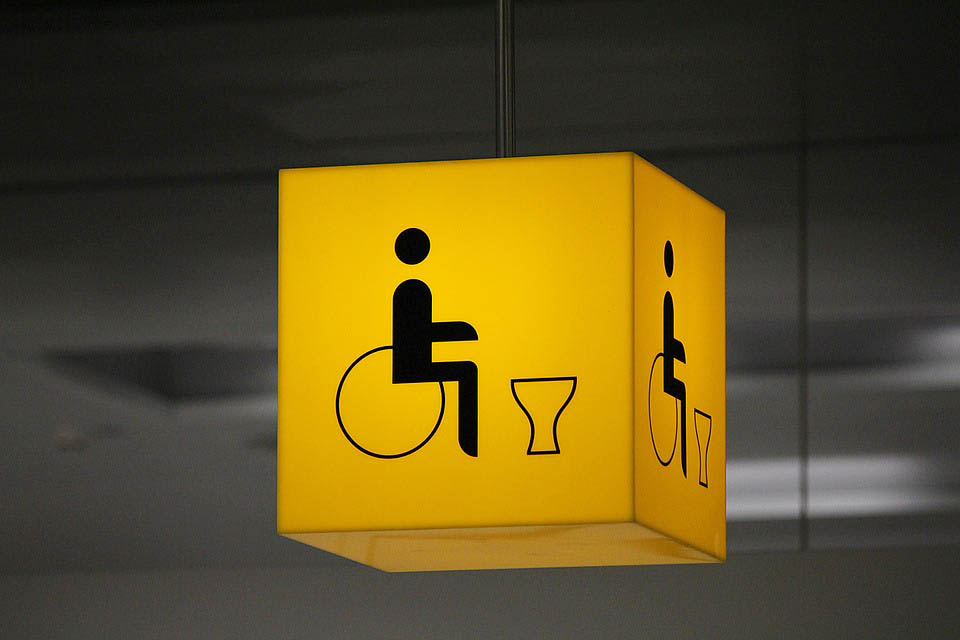Two of the focuses of my blog are Financial Literacy/Money and Business/Entrepreneurship. The amount of traffic visiting your business could be impacted by whether or not your business is disability-friendly. There are a couple of accommodations you must make to achieve this. The following contributed post is entitled, Is Your Business Premises Disability-Friendly?
* * *

Businesses need to take steps to ensure that their company is inclusive to all. By not considering the needs of disabled customers and employees, you could be missing out on business opportunities – plus it could cause damage to your reputation if somebody complains.
There are many improvements that businesses can make to their premises to make it more disability-friendly. Here are just a few improvements to consider.
Add ramps and lifts
Those with mobility issues may not be able to use stairs. It’s worth considering the option of adding wheelchair ramps and lifts where possible. This could be particularly important if certain essential facilities cannot be accessed without taking stairs. If adding a lift isn’t possible or is too expensive, consider whether it might be possible to relocate certain facilities (such as placing toilets on a ground floor).
Include a disabled toilet
If your premises has a toilet on site, make sure that this is accessible to people with disabilities or consider building a separate toilet. Disability-friendly features could include adding grab bars, adequate space for wheelchair access and easily-accessible flushes and taps. You could even add an emergency cord that people can pull if they are in trouble. Having such a toilet could be essential if you are hiring disabled employees.
Make sure doors are easy to open
Heavy doors may be difficult to open for people with certain disabilities. Consider whether you can make improvements to make doors easier to open. This could include adding automatic doors or push buttons on the side of doors. Alternatively, you could have a separate entrance for people with disabilities.
Make sure corridors are clear enough
Tight corridors that require people to squeeze past or step over objects could be impossible for people with disabilities to negotiate. If it is likely that people with disabilities will need to use these corridors, you should consider clearing enough room for these people to get through. This may not be possible in old buildings with narrow corridors – in these cases, consider whether there is a way of moving vital facilities to more accessible areas or using alternative routes.
Set up easy-to-reach tools for disabled employees
If you are thinking of recruiting an employee with a disability, you may want to consider if any improvements need to be made to your premises. This could include providing desks at a certain height with enough room for wheelchair access. Certain equipment or tools that are currently located on high shelves may need to be placed somewhere lower so that these employees can easily reach these tools. When it comes to hard-to-reach plug sockets, you could even consider adding extension cables with power outlets that can be placed in a more accessible location.
Include disabled parking bays
If your premises has a car park, you could also consider adding priority bays for people with disabilities. This ensures that if the car park is full, any people with a disability are still likely to get a bay so that they don’t have to park elsewhere and travel a huge distance. These bays should be located near the entrance to your premises to limit the amount of distance these people have to walk.

You brought up a good point when you explained that it is important to make sure that toilets are accessible to people with disabilities in your facilities. Would it be a good idea for a business to have signs in braille near the bathrooms as well? It seems like this would be a good idea so that people who are blind can know which bathroom to use.
Hello Thomas. Thank you for stopping by and weighing in.